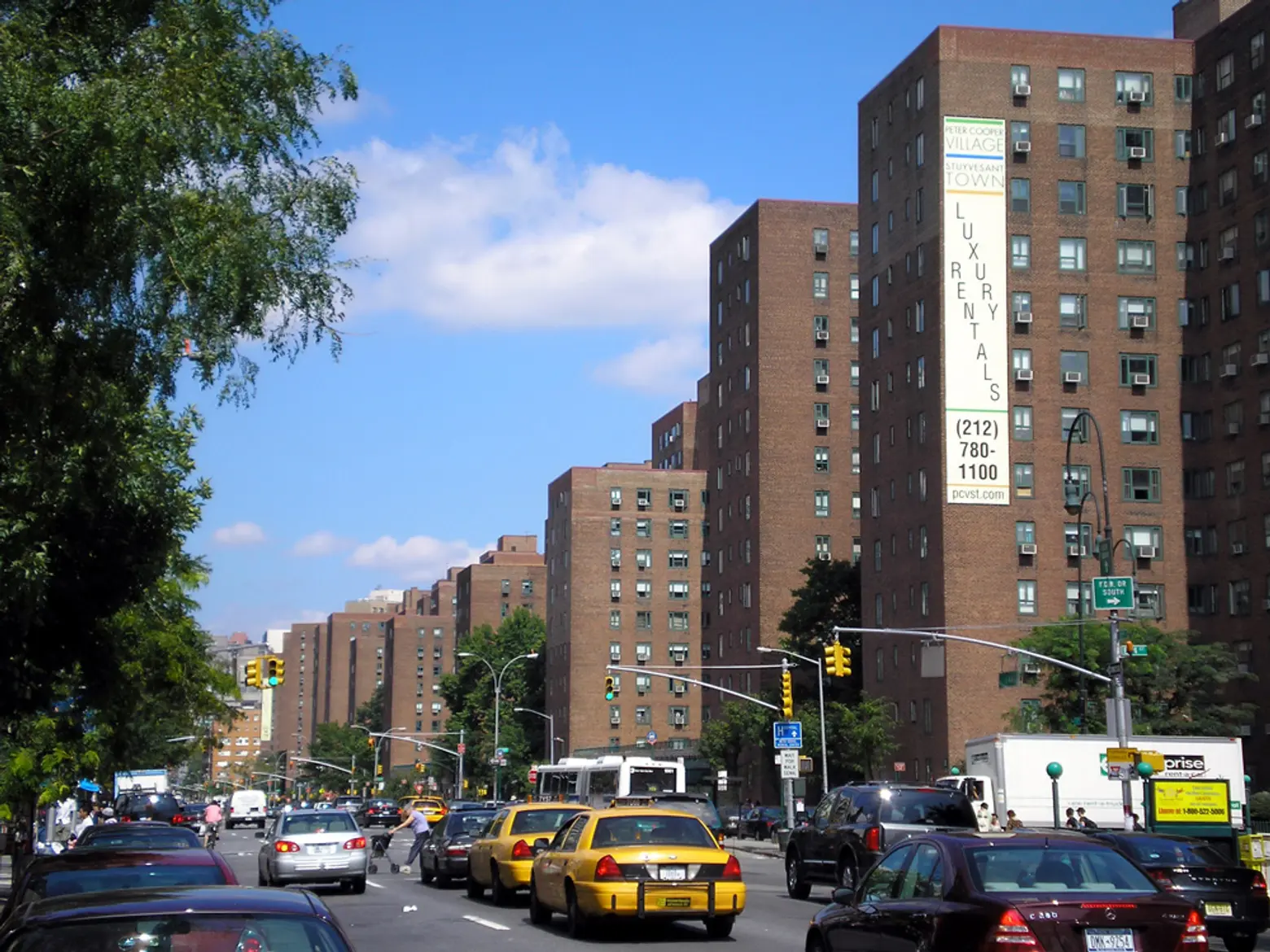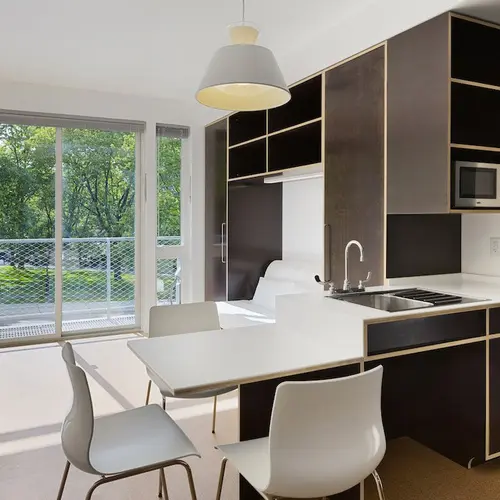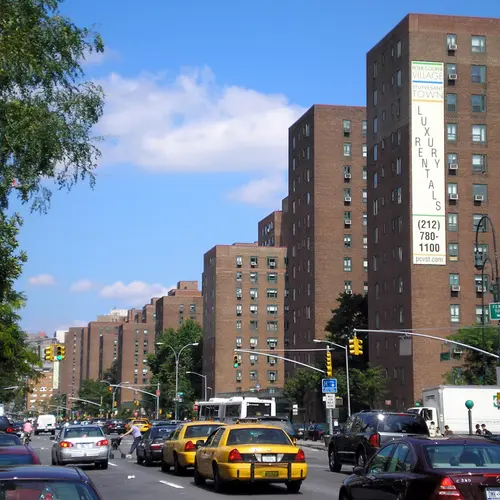New Ruling: Landlords Can’t Kick a Bankrupt Tenant Out of Their Rent-Controlled Apartment

Going broke will no longer mean losing out on your rent-controlled apartment in NYC. According to Bloomberg, city tenants who file for bankruptcy will now be able to keep the keys to their affordable apartments as public assistance. The decision is taken from two opinions formed by the New York State Court of Appeals and the Manhattan-based U.S. Court of Appeals for the Second Circuit. Previously bankrupt tenants faced a threat of eviction even when they were current on rent.
The two cases that paved the way for the new precedent include one in which a woman who filed for bankruptcy in 2012 was told told by a federal district judge that the value of her lease was property of the bankruptcy estate and that her landlord could buy it from the trustee. This would mean that the $700-a-month apartment she was living in on East Seventh Street could never be subleased nor would she be allowed to pass on her apartment to her children after her death.
Though the landlord offered to buy the lease from the bankruptcy trustee and to pay the tenant’s creditors in full—in addition to giving her $100,000 to move out—the woman refused the offer. Instead, she took her case to the federal appeals court in Manhattan last November, and from there it moved up to the New York Court of Appeals where she received a favorable 5-2 ruling that rent-stabilization rights are an exempt asset as a form of public assistance and can’t be sold by the trustee. Following this state court decision, the Second Circuit ruled Monday that a below-market lease is exempt from creditor claims as a public benefit.
The rulings of course found much contention among city landlords. The Rent Stabilization Association of New York City had urged the federal court not to follow the state court’s decision calling it a “radical interpretation” that makes the rent-stabilization system “a partial government taking without just compensation.” Adding to that the underscored point that it unfairly burdened private property owners who provide rent-controlled apartments both legally and financially. The also argued that turning a lease into a public system could “create unforeseen tax consequences for rent-stabilized tenants, in the form of imputed income.”
[Via Bloomberg]
Lead image: Stuy Town via Wiki Commons






























